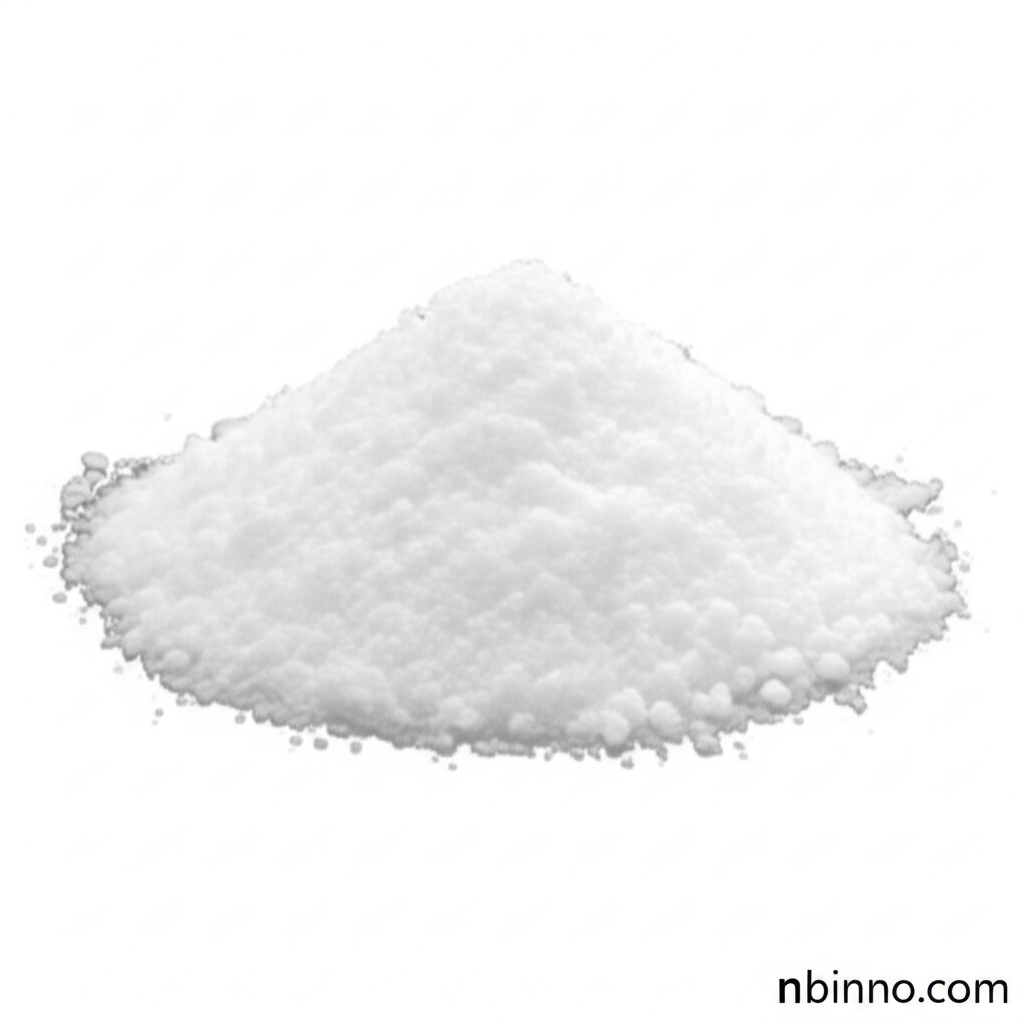D-Cellobiose (CAS 528-50-7): A Versatile Disaccharide for Chemical and Food Industries
Discover the versatile applications of D-Cellobiose, a key building block for innovation in food and fine chemicals.
Get a Quote & SampleProduct Core Value

D-Cellobiose
D-Cellobiose, identified by CAS number 528-50-7, is a vital disaccharide with a molecular formula of C12H22O11 and a molecular weight of 342.3. Its primary value lies in its fundamental role as the basic building block of cellulose, making it a crucial component derived from renewable resources. This compound presents as a white crystalline powder with a high assay of 98%, ensuring its suitability for demanding applications.
- Explore the disaccharide chemical structure of D-Cellobiose, understanding its composition of two glucose units linked by a beta-(1-4) glycosidic bond.
- Learn about the cellobiose chemical properties, including its appearance as a white crystalline powder and its clear, colorless solution in water.
- Investigate what is cellobiose used for, ranging from food ingredients to fine chemicals and cosmetic formulations.
- Find out how to buy D-Cellobiose online, ensuring access to high-quality material for your research and development needs.
Advantages Offered by D-Cellobiose
Source and Sustainability
D-Cellobiose is a purely plant-based renewable resource, primarily produced from sugar beet, aligning with sustainable sourcing principles and offering a greener alternative for various industries.
Versatile Applications
Its unique technological properties make it a true all-rounder, suitable for diverse applications across food, non-food segments, cosmetics, and fine chemicals, demonstrating its broad utility.
Health and Safety Profile
Proven tooth-friendly with good tolerance and a low glycemic index, D-Cellobiose offers a safe and beneficial profile for consumption and inclusion in various products, supported by studies showing good tolerance in pets as well.
Key Applications
Food Industry
Understanding cellobiose food applications reveals its potential as a sweetener, texture enhancer, and ingredient in baked goods, beverages, and confectionery, contributing to product quality and formulation.
Cosmetics
In the cosmetics sector, cellobiose in cosmetics can be leveraged for its moisturizing and textural properties, enhancing skincare and personal care product formulations.
Fine Chemicals and Research
As a fine chemical cellobiose, it serves as a critical intermediate and research tool in biochemistry and material science, aiding in the development of new compounds and biotechnologies.
Biochemical Studies
The study of what is cellobiose used for in biochemistry highlights its role in understanding carbohydrate metabolism and its potential as an indicator carbohydrate for intestinal permeability studies.
